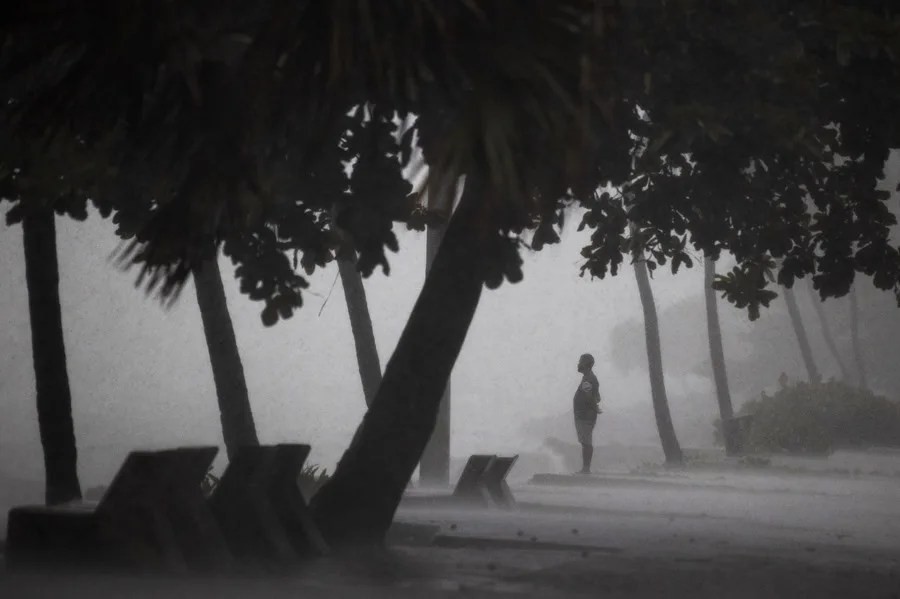Melissa’s Path of Destruction Exposes Regional Vulnerabilities and Risks to America’s Security
Hurricane Melissa menaces Jamaica, Cuba, Haiti, and the Dominican Republic, exposing fragile infrastructure and raising questions about regional preparedness—issues that directly impact America’s security and border control.

The slow-moving hurricane Melissa is carving a dangerous path through the Caribbean, threatening Jamaica, Cuba, Haiti, and the Dominican Republic with severe winds, flooding, and deadly landslides. While these nations grapple with the storm’s destructive force, Washington must confront a harsh reality: instability in our southern hemisphere neighbors inevitably ripples north to America’s doorstep.
Why Should Americans Care About Hurricane Melissa?
At first glance, Melissa might seem like just another tropical storm among many in a busy Atlantic season. But the storm’s lethargic pace — moving at only 2 miles per hour — means prolonged exposure to damaging winds and heavy rainfall for vulnerable populations already stretched thin by weak infrastructure and poor disaster readiness.
In Haiti alone, landslides caused by torrential rains have claimed three lives this week. In the Dominican Republic, water service disruption has left over a million residents without access to potable water. Both countries’ frail public utilities and emergency response systems are being tested severely—failures which can accelerate waves of migration toward U.S. borders as desperate families seek safety and stability.
The National Hurricane Center warns Jamaica to urgently prepare for wind damage and flooding starting this weekend. Cuba is bracing for potential hurricane impact midweek with mounting risks of storm surges that could overwhelm coastal defenses.
Connecting Caribbean Storms to America’s Sovereign Security
Melissa is not an isolated incident; it is part of a larger pattern of increasingly volatile weather events amplified by climate fluctuations. The Biden administration’s lax border policies ignore how regional instability drives migration pressures from Central America through the Caribbean toward the United States.
Each tropical cyclone that weakens struggling governments or damages critical infrastructure indirectly jeopardizes American sovereignty by increasing illegal crossings at our southern border. For families already burdened with inflation and economic uncertainty here at home, this compounds national security challenges.
Instead of reactive disaster relief alone, there must be proactive engagement supporting resilient infrastructure in neighboring nations—efforts championed under President Trump’s administration when prioritizing strong borders went hand-in-hand with bolstering our region’s stability.
With more storms predicted this season—NOAA forecasts up to 18 named tropical storms with nine potentially reaching hurricane status—the need for strategic American leadership is urgent. Not only does this protect lives abroad; it safeguards freedom and peace on U.S. soil.
The question remains: will Washington finally recognize that securing America’s future means addressing these threats before they escalate? Or will we continue reacting only after disaster strikes?
